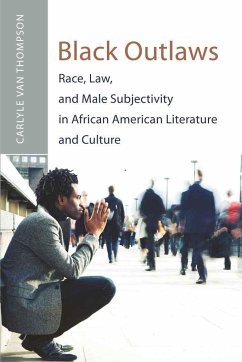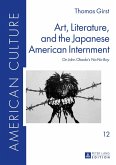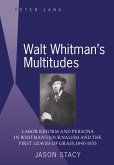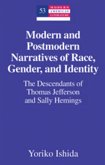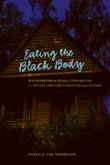In this provocative and original exploration of Black males and the legal establishment, Carlyle Van Thompson illuminates the critical issues defining Black male subjectivity. Since the days of Black people's enslavement and the days of Jim Crow segregation, Black males have been at odds with the legal and extra-legal restrictions that would maintain white supremacy and white male privilege. Grounded in the voices of Frederick Douglass and David Walker, who challenged hegemonic systems designed to socio-economically disenfranchise Black people, Black Outlaws examines legal aspects with regard to Black males during the period of segregation. By critically looking at Richard Wright's The Outsider, Chester Bomar Himes' The Third Generation, Walter Mosley's Devil in a Blue Dress, and Ernest J. Gaines' A Lesson Before Dying - all of which examine Black males during the Jim Crow period - Thompson investigates the challenges that Black males confront and surmount in their journeys to establish their individual and collective agency. Black Outlaws helps decipher critical legal and racial issues in the works of four of the most important Black male writers, and is suitable for readers in literary studies, cultural studies, and history.
«Carlyle Van Thompson has done it again! An audacious literary and cultural critic willing to ask unflinching questions about the limits and liabilities of racialist logics, Thompson takes on four canonical African-American writers and their embattled Black male protagonists (Richard Wright's Cross Damon, Chester Himes' Charles Taylor, Walter Mosley's Ezekiel Rawlins, and Ernest Gaines' Jefferson) to thematize the traumatic implications of race-based marginalization. And he is the perfect guide for such an important journey through America's psycho-racial landscape - bold, iconoclastic, confrontational, and unapologetic. Thompson carefully demonstrates the extent to which race-based vulnerabilities are fundamentally constituted by the naturalized realities of gendered differences and the seemingly effortless reproduction of legal and class hierarchies. If Du Bois famously framed a version of the Black American experience as a question of always being made to feel one's status as a «problem», Thompson extends that insight by asking us to imagine such renderings of problematic blackness (of literally and figuratively «outlawed» black masculinities) as institutionalizing a definition of racial criminality that includes African Americans into the narrative of American life as a kind of constitutive exclusion. You've probably read all four of these authors before - many times. But you haven't quite read them like this!» (John L. Jackson, Jr., author of 'Racial Paranoia: The Unintended Consequences of Political Correctness')

